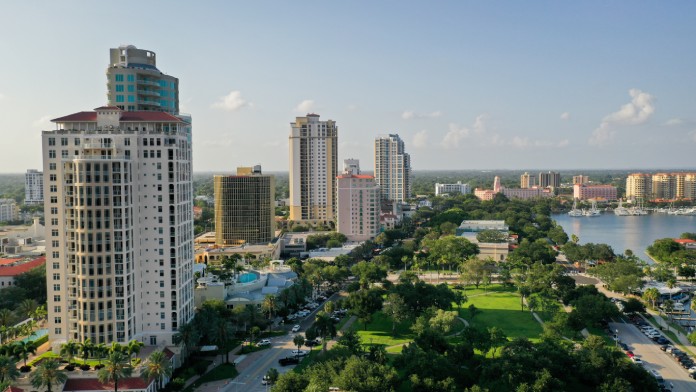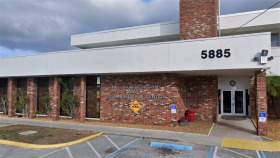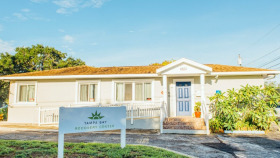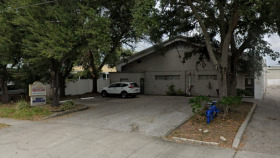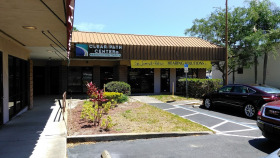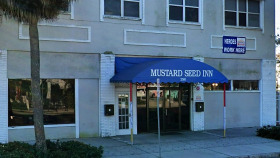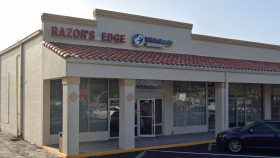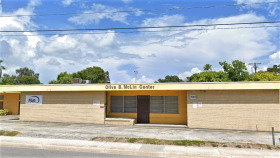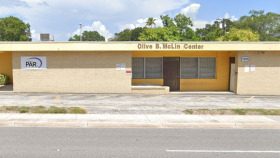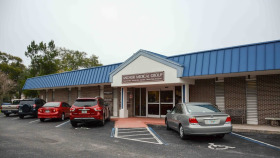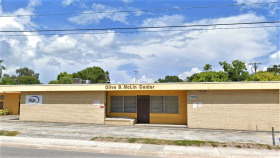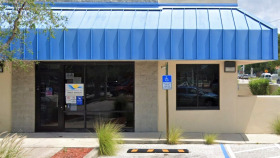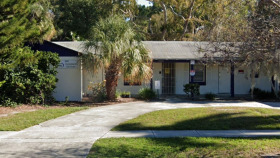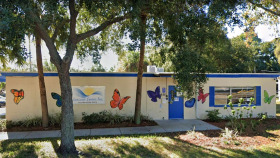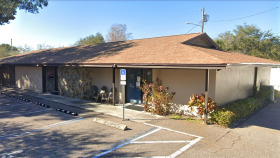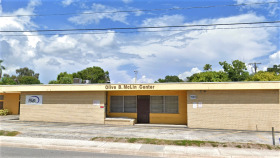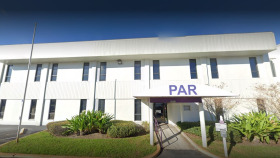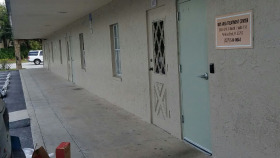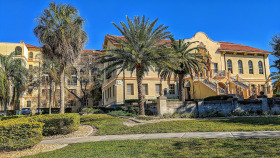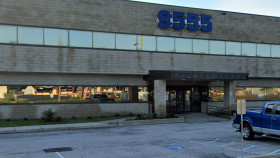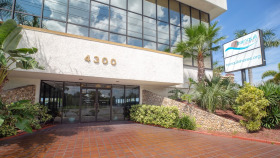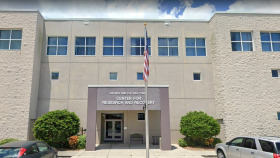Expert Insights
A local St. Petersburg woman is inspiring women around her on a daily basis. Monica Smith, who owns the business Sober Roots, is not only a cancer survivor, she’s also in recovery from addiction. Back in 2001, she moved to St. Petersburg from Bridgeport, Connecticut after becoming a single mom at the age of 17, experiencing homelessness, and developing a drug addiction. Monica got sober in 2012 and has been helping others ever since. She worked at a women’s clinic until 2020, when she learned she had colon cancer. But ever the fighter, Monica went through a surgery and chemotherapy treatments – she remains cancer-free today.
~ Rita Milios
How Expensive is Drug Rehab in St. Petersburg?
Several variables can affect the cost of alcohol or drug rehab in St. Petersburg. Some of them include:
Treatment setting: Inpatient rehabilitation is generally more costly than outpatient due to room and board expenses.
Rehab facility amenities: Facilities that offer luxury amenities and services typically cost significantly more than those that provide standard services.
Length of treatment program: A 30-day program will cost less than a 90-day program.
Whether a facility accepts insurance and the type it accepts: Health insurance can partially or fully cover rehab costs, but each facility accepts different plans.
Whether a facility offers payment assistance: Some drug rehabs in St. Petersburg offer income-based services and other forms of payment assistance that reduce the cost of care.
Whether a treatment center receives federal, state, or non-profit funding: Facilities that get public subsidies often provide lower-cost services than privately funded facilities.
If you feel that drug or alcohol rehab in St. Petersburg is out of reach because you do not have the resources to pay for treatment, you can still get help. You may qualify for low-cost services for people in financial distress. If you have public or private health insurance, you can also use your plan to pay for care.
How Does St. Petersburg Compare in Alcohol and Drug Use?
Choosing the right rehab facility for your needs is a big decision. There are 100 accredited alcohol and drug rehab centers in Saint Petersburg. Many facilities in the city offer unique, targeted treatment programs for men and women, teens, LGBTQ+ individuals, veterans, and other special populations. If you need help paying for care, most local treatment centers accept multiple types of insurance, and several offer financial assistance to make help accessible for everyone.
St. Petersburg is located in Pinellas County, Florida, where substance abuse has been a serious issue for many years. Noteworthy alcohol and drug use statistics in the St. Petersburg area include:
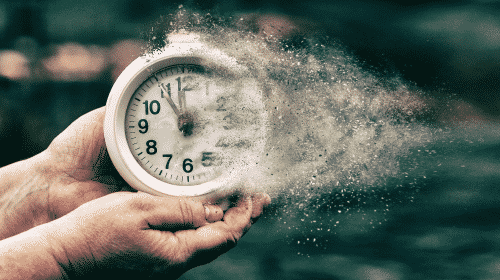
From 2015 to 2019, drug-related overdose deaths in Pinellas County increased by 136%.
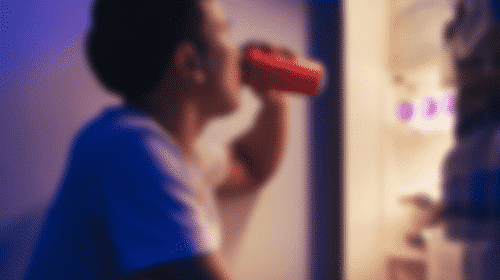
From 2017 to 2019, overdose-related fatalities increased from 256 to 423.
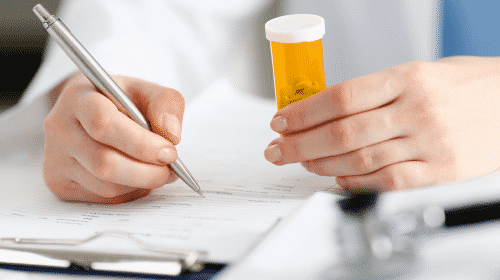
In 2017, an estimated 16% of Pinellas County residents reported using heroin, cocaine, or methamphetamine.

In 2018, roughly 52% of Pinellas County high school students and 31% of middle school students reported using alcohol or illicit drugs at some point in their lives.
In 2017, roughly one out of every 10 Pinellas County adults reported using prescription pain relievers without a prescription or using them in a way not sanctioned by a doctor.
Drug and Alcohol Laws in St. Petersburg
Marchman Act: If someone you love is living with addiction, this Florida law allows you to file a petition to place that person into treatment. You can do so either in compliance with or against that person’s will under specific circumstances. The act encourages people to pursue voluntary rehab, but many people with substance use disorders may not be in a state of mind to make sound decisions about their health. If you truly feel that someone you love needs help, this law allows you to get help for that person, regardless of whether they believe they need treatment.
Addiction Treatment for Non-Violent Offenders: If you’ve been arrested for a first-time, non-violent, drug-related crime in Pinellas County, addiction treatment rather than incarceration is an option under this law. Regular court appearances, therapeutic services, random drug screenings, and community supervision are required under this law. Upon completion of a prescribed program, you can petition the court for dismissal of charges or early termination of probation.
Good Samaritan Overdose Prevention Law: If you, acting in good faith, report a suspected overdose to the police or emergency medical personnel, this law protects you from arrest or prosecution for possession of illicit substances or paraphernalia. This holds true whether you call 911 for yourself or someone else. Even if you are on probation or parole, this statute grants you from penalization for a violation.
Whatever your treatment needs may be, there are accredited drug and alcohol rehab centers in St. Petersburg or the surrounding areas that can help you jumpstart your recovery.
If you need assistance finding the right program for yourself or a loved one, please call
800-681-1058
(Sponsored)
.
Resources
- Floridahealth.gov. (2019). Pinellas County Substance Abuse Profile.
- Substance Abuse and Mental Health Services Administration. (n.d.) What Does the Affordable Care Act Mean for Behavioral Health?.
- National Institute on Drug Abuse. (2018). Principles of Drug Addiction Treatment: A Research-Based Guide (Third Edition) Types of Treatment Programs.
- National Institute on Drug Abuse. (2022, March 22). Treatment and Recovery.
- The Florida Legislature. (2021). The 2021 Florida Statutes. Chapter 893, Drug Abuse Prevention and Control.

